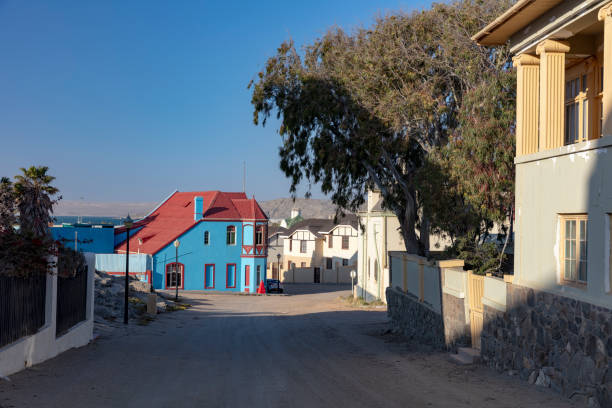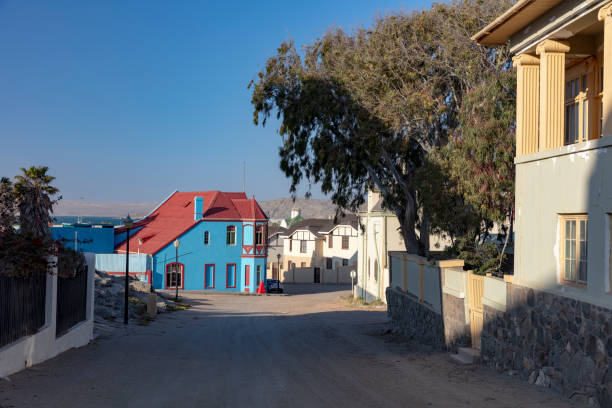For nearly two weeks, the normally bustling streets of Buea in Cameroon’s Southwest region have fallen silent. Shops remain closed and daily life has ground to a halt after separatist fighters imposed a stringent “lockdown.”
The rebels, who have controlled movement in and out of the city, have caused severe supply shortages for residents. Schools have also been forced to stay shut, deepening the disruption to community life.

“Education is a fundamental human right that must be respected,” said Ndape Sally, a social justice advocate. “The lockdown is having a devastating impact on our children. While classrooms in other regions are open, ours remain empty.”
Such shutdowns have become a hallmark of the separatists’ tactics since Cameroon’s Anglophone conflict began in 2017. Education has been one of its most visible casualties, with past rebel attacks on schools defying their orders underscoring the risks.
The fighters have also pledged to obstruct Cameroon’s upcoming presidential election, signaling their intent to extend the crisis beyond local governance and into national political processes.



